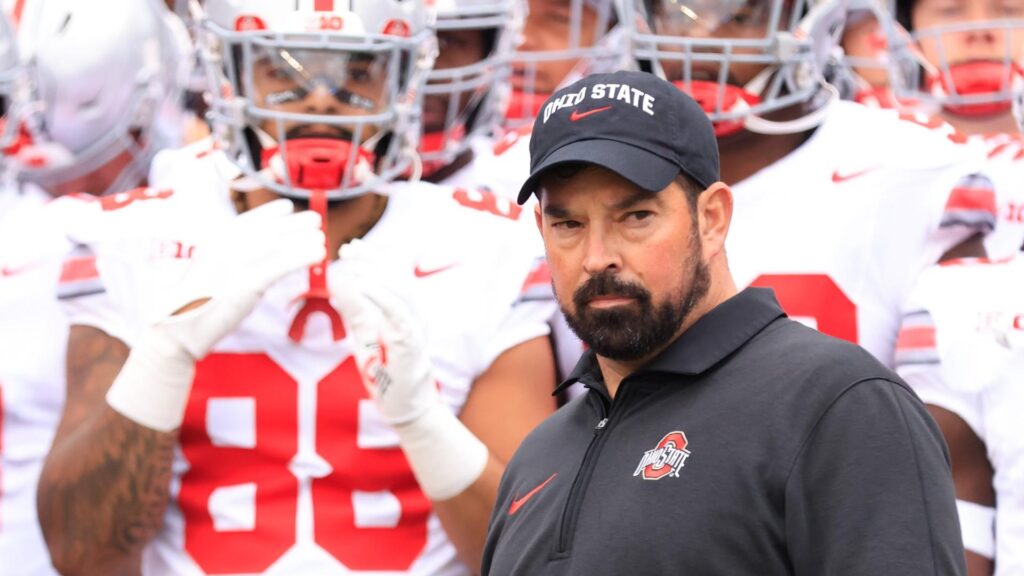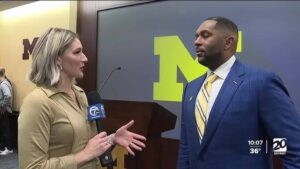
Former Ohio State cornerback Damon Arnette has found himself in legal trouble once again, as he was arrested on January 6th at 3:30am in Richardson, Texas. The charges against him include possession of less than a gram of methamphetamine and unlawful possession of a firearm. Ian Rapoport of NFL Network was the first to report this news, which had remained unreported for nearly two months.
This is not the first time Arnette has faced legal issues. He last played in an NFL game in 2021 and was originally drafted in the first round by the Las Vegas Raiders in 2020. Following his time with the Raiders, he signed with the Kansas City Chiefs in 2022 under a reserve/futures contract. However, he was released shortly thereafter following his arrest on charges of assault with a deadly weapon, carrying a concealed weapon without a permit, and two counts of possession of a controlled substance.
Arnette’s latest arrest adds to a series of off-field problems for the former Ohio State standout, who only appeared in 13 NFL games. During his college career at Ohio State, Arnette played in a total of 47 games and recorded 140 tackles along with five interceptions from 2016 to 2019.
Arnette’s legal troubles raise questions about the support and guidance provided to athletes transitioning from college to professional sports. The NFL, in particular, has faced criticism for its handling of player conduct off the field and the lack of resources available to support players in navigating challenges such as legal issues and mental health concerns.
The arrest also highlights broader issues within the sports industry, including the prevalence of substance abuse and the availability of firearms among professional athletes. Arnette’s case serves as a reminder of the importance of addressing these issues and providing athletes with the necessary support and resources to prevent similar incidents in the future.
Furthermore, Arnette’s situation raises questions about the responsibility of professional sports organizations in vetting and supporting players with a history of off-field issues. Despite his talent on the field, Arnette’s repeated legal troubles have raised concerns about his suitability as a professional athlete and his ability to represent his team and the league in a positive light.
In response to Arnette’s latest arrest, the NFL and the Kansas City Chiefs have yet to issue a statement. However, it is likely that Arnette will face disciplinary action from the league and may face further consequences from his team.
Moving forward, Arnette’s case underscores the need for greater accountability and support within the sports industry, both at the collegiate and professional levels. It also serves as a reminder of the challenges faced by athletes transitioning to life outside of sports and the importance of providing resources and support to ensure their well-being and success off the field.





